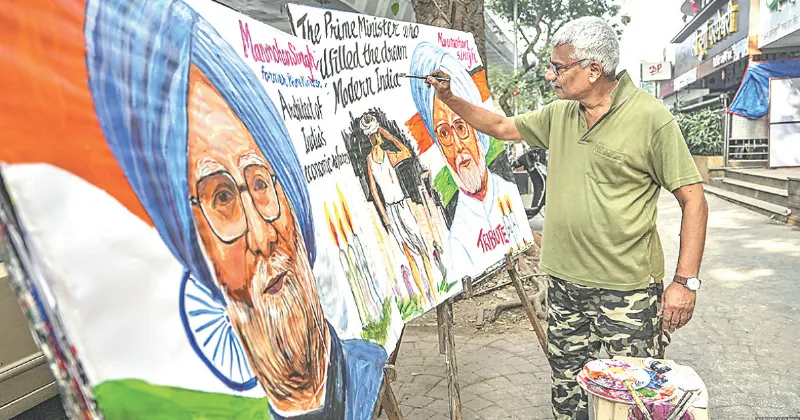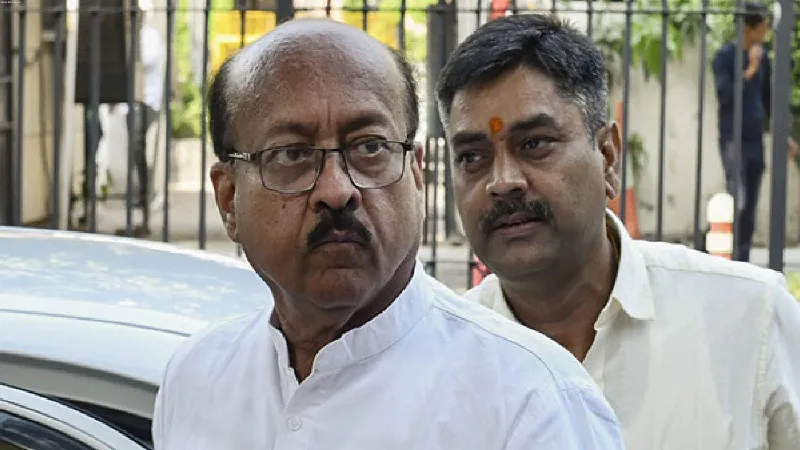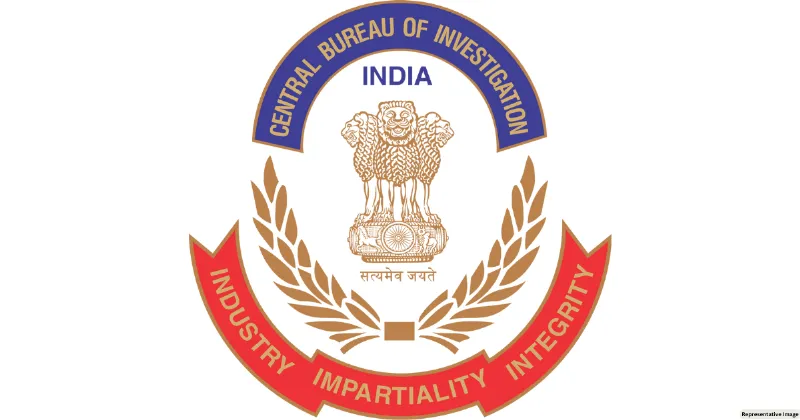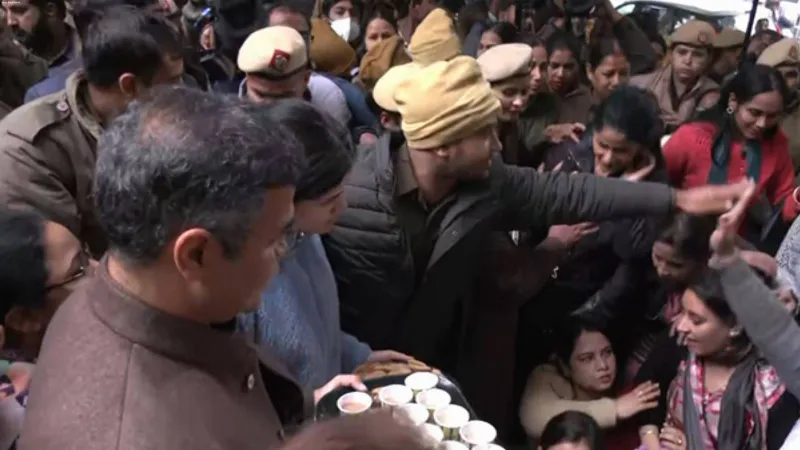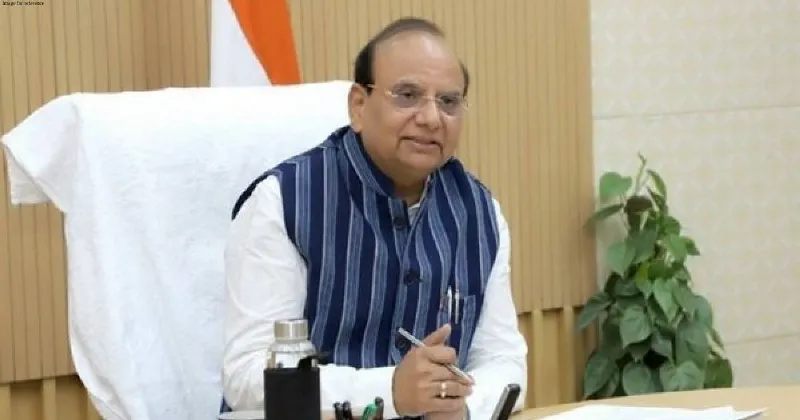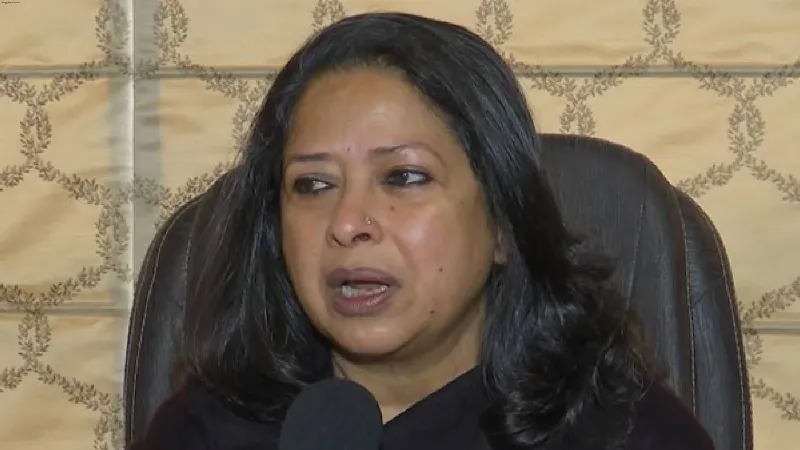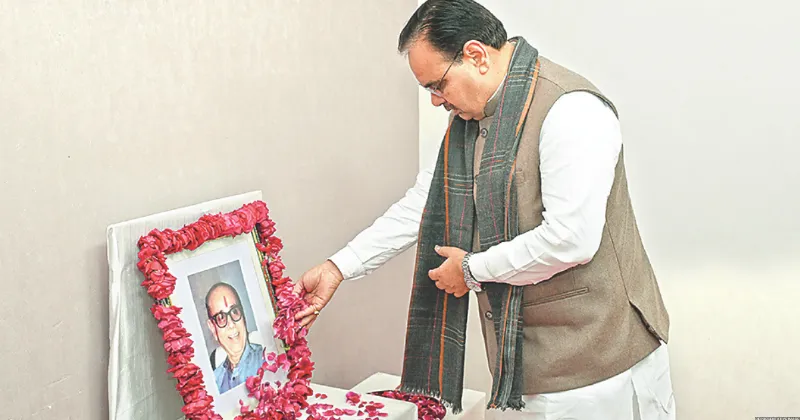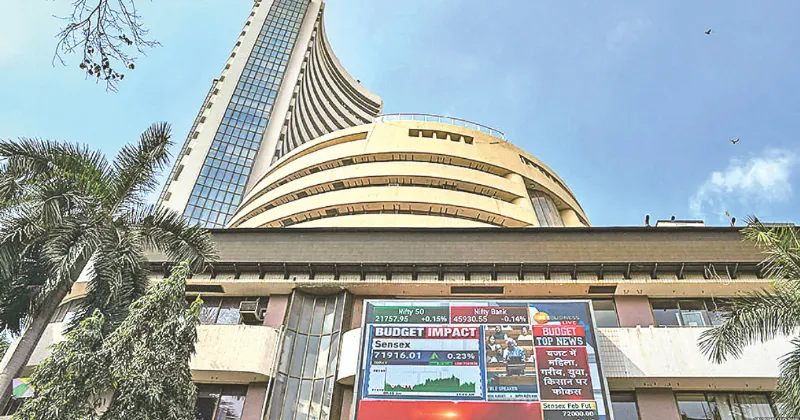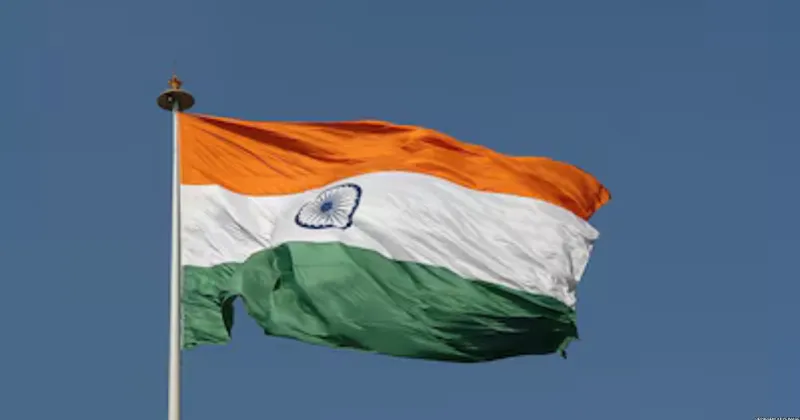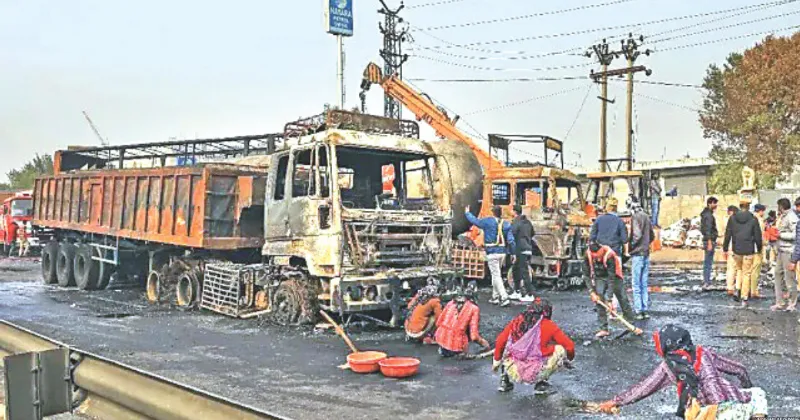Air emergency: Central health advisory for city schools, students call for use of public transport, bicycles
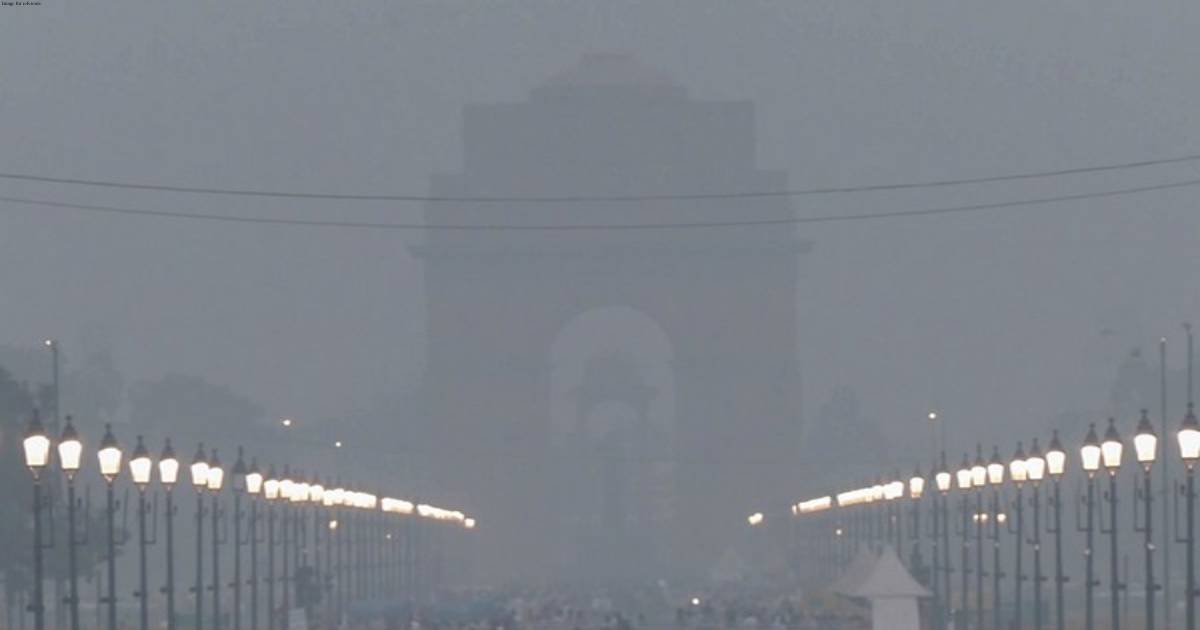
New Delhi: Amid the air emergency in the national capital, the Union Health Ministry on Friday issued an advisory for children in Delhi and neighbouring states amid mounting pollution concerns and toxic air days that have emerged as a clear and present danger to public health.
However, in a measure of respite from the smog or toxic cloud that has been hanging heavy over the national capital in the last week and more, the city on Friday received showers that saw the overall Air Quality Index (AQI) drop below 400.
The Central Pollution Control Board (CPCB) pegged the city's overall AQI at 398 at 10.30 am on Friday.
The central health advisory on Friday laid particular emphasis on children, as it advised school authorities, heads, teachers as well as parents to develop mechanisms to create awareness and motivate students to adopt better practices to mitigate and adapt to air pollution.
The ministry said schools should organise awareness events and award children for taking up mitigation practices to fight air pollution.
"Areas: Cities and urban areas are more likely to have outside pollution levels. Season/days: colder winter seasons/days in cities/urban; Diwali/dust storm, Timings: Morning and evening hours if SMOG is prevailing and sunlight is not visible. Sites for precautions: transit from home to school, near school gates, and outdooring. Younger children with respiratory health issues and medically underlying conditions are more vulnerable and to take more precautionary measures against risk exposure and attacks," the Union Health Ministry stated in its advisory.
It added that the adoption of electric cars and public vehicles for schools (cars, vans, and school buses) would reduce emissions and air pollution.
"Schools should encourage the use of bicycles by children studying in higher classes. Schools should ensure proper classroom ventilation by opening windows properly or installing exhaust fans. Windows should be kept closed if the air quality level is poor or above," it stated.
The ministry further advised 'wet mopping' of floors at schools before students arrive, adding that the teachers may also consider using whiteboards and markers instead of chalk on blackboards.
"Precautions and avoiding outdoor activities in school if the AQI level is poor or above. Students should be motivated to stay indoors during breaks," the Union Health Ministry stated.
School staff and medical officials should sensitise children about on-campus air pollution-related health issues and ways to manage such cases from nearby emergency health facilities if required, the Health Ministry said.
The Ministry further advised that the vulnerable sections of the population, including those experiencing health issues, should seek medical help should they experience discomfort and symptoms associated with poor air quality.
Meanwhile, morning showers in parts of Delhi on Friday resulted in a marginal improvement in the toxic air over the past few weeks.
However, according to the data released by the Central Pollution Control Board (CPCB), two stations recorded 'Severe' AQI and Major Dhyan Chand National Stadium had an AQI of 407 at 10 am on Friday.
However, holding out hope for better air days ahead, the Regional Meteorological Centre of the India Meteorological Department (IMD) forecast a generally cloudy sky with light rain or thundershowers in the city and over the next two days, while also predicting mainly clear skies with shallow fog in the morning.
Union Health Secretary Sudhansh Pant wrote to his 'colleagues' (counterparts in Delhi and other states), stating, "As you are aware, air pollution has become a serious health challenge in recent times. The Air Quality Index (AQI) is usually reported to reach from poor to severe levels during the winter months.
"Now with the state-level action plans for climate change and human health in place for almost all states and UTs under the National Programme for climate change and Human Health (NPCCHH), it would be relevant as the next step to develop district and city level actions plans for climate change and health under NPCCHH (inclusive air pollution) and to expand the network of sentinel hospital for air pollution related to illnesses surveillance," he added in his letter.
Further, Director General of Health Services, Atul Goel, also wrote to his colleagues stating that air pollution not only accounts for acute illness but also precipitates the exacerbation of chronic illnesses of the respiratory, cardiovascular and cerebrovascular systems.
He requested that state health departments and healthcare establishments to step up preparedness, which should include increased public awareness, messaging through designated mass media channels of communication, specifically in local languages, capacity building of the health workforce and increased participation in sentinel surveillance on air pollution-related illnesses under NPCCHH.
"The state health departments are also requested to issue advisories to hospitals in regard to making necessary patient care preparations anticipating an increased attendance in emergencies in the outdoor and indoor patient departments of medicine and paediatric specialities," he stated in his letter.
The Delhi government said earlier it was mobilising urgent steps to contain runaway air pollution and was also considering the option of 'artificial rain' in the national capital to reverse deteriorating air quality.
Several Delhi ministers were spotted out and about in the city on Thursday night, personally taking stock of steps to reduce pollution.
Currently, Stage IV of the Graded Response Action Plan (GRAP) is in force across the national capital.




